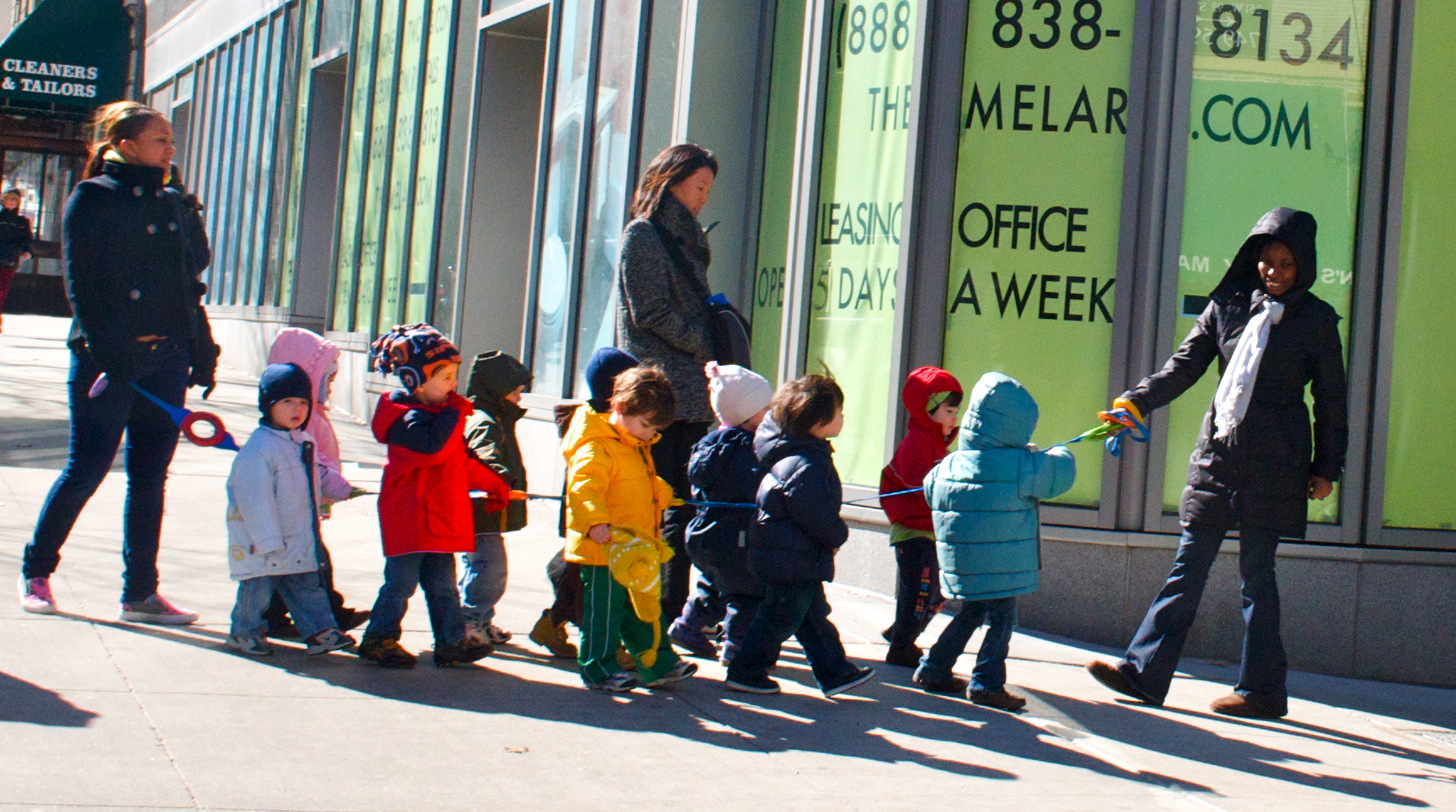The American Civil Liberties Union and the ACLU of Florida have filed suit against Miami-Dade County and the Florida Department of Corrections, seeking a permanent injunction against a housing ordinance that, the ACLU alleges, makes normal life extraordinarily difficult for former sex offenders, and actually causes the former offenders to become and remain homeless, a violation of their constitutional rights.
“As public policy, the Miami-Dade ordinance is a disaster,” said Brandon Buskey, Staff Attorney at ACLU’s Criminal Law Reform Project, of the 2010 ordinance that has made finding normal accommodation a challenge for former sex offenders. “It has created a homeless population living outdoors in squalor, while doing nothing to serve public safety.”
“Disease, exposure to the elements, no drinkable water–these conditions make it extremely difficult to find and maintain stable employment and psychological treatment, which are the only two factors proven to reduce the likelihood of reoffending. We know from decades of research that housing restrictions like Miami-Dade’s have no impact on reoffending and, are more likely to increase it,” said Busky.
The ACLU says that the ordinance has left about fifty former offenders with nowhere to live besides an outdoor area along railroad tracks on the outskirts of Miami-Dade county.
The railroad tracks are frequently recorded by probation officers as the “address” of the former offenders, the ACLU says, because finding affordable housing for former offenders is futile.
“Sending someone just out of jail into homelessness makes no sense, not for the person and not for the public. The Miami-Dade ordinance is not just unworkable, it’s unconstitutional,” said Nancy Abudu, Legal Director of the ACLU of Florida.
The ordinance is unconstitutional, according to ACLU, because the housing ordinance makes it so difficult for former sex offenders to obey without becoming homeless.
The ordinance prohibits former offenders from living within 2,500 feet from any building that the county labels a “school.” The category has been used to include shelters and other buildings, in addition to actual institutions of learning. The label has been used arbitrarily, according to ACLU.
The ACLU and the ACLU of Florida are seeking a permanent injunction against what they allege is an unconstitutional housing ordinance, and have directed their suit against Miami-Dade County and the Florida Department of Corrections.
By Cheryl Bretton
Photo: Ed Yourdon

The Miami-Dade ordinance, while restrictive is less onerous than those of Seminole County, Florida. Here sex offenders (with some exceptions) are prohibited from even passing through areas within 1000 feet of schools, parks and daycare centers. As a registered sex offender it would, if the ordinance were strictly applied, be impossible for me to leave my home as, whatever route I might choose I would have to pass through a restricted zone.
I believe the constitutionality of the following ordinance:
On September 28, 2005, the Seminole County Board of County Commissioners enacted Seminole County Ordinance 2005-41 which restricts where a convicted sex offender or sexual predator may live or travel within Seminole County by establishing a 1,000 foot exclusionary zone around daycare centers, schools, parks, and playgrounds. It also requires them to carry an identification card and acknowledge their responsibilities in so far as residence and travel restrictions are concerned.
The sex offender registry is ex post facto punishment, usually for a life-time, and in 20 years of its existence has not shown to reduce sexual abuse whatsoever. Well over 90% of all all sex crimes are committed by those not registered, and most of those by family or close acquaintances.
Time to stop focusing on those we find morally inferior and put in place some measures that actually serve our children. Time to protect the rights of all. Time to abolish the Sex Offender registry, and high time that the ACLU got involved in this travesty.
They (sex offenders) willfully place their self in this position, that being said they are owed nothing our chief priorities should remain wiith those who have not chosen to be perverse.